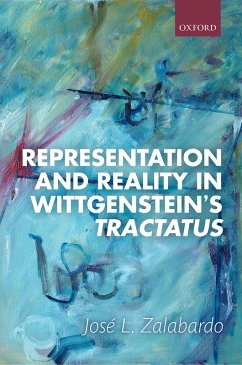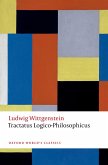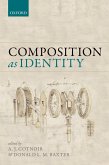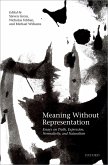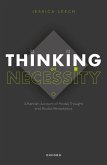Jos? L. Zalabardo puts forward a new interpretation of central ideas in Wittgenstein's Tractatus Logico-Philosophicus concerning the structure of reality and our representations of it in thought and language. He shows the origins of Wittgenstein's picture theory of propositional representation in Russell's theories of judgment, arguing that the picture theory is Wittgenstein's solution to some of the problems that he found in Russell's position. Zalabardo defends the view that, for Wittgenstein, facts in general, and the facts that play the role of propositions in particular, are not composite items, arising from the combination of their constituents. They are ultimate, irreducible units, and what we think of as their constituents are features that facts have in common with one another. These common features have built into them their possibilities of combination with other features into possible situations. This is the source of the Tractarian account of non-actual possibilities. It is also the source of the idea that it is not possible to produce propositions answering to certain descriptions, including those that would give rise to Russell's paradox. Zalabardo then considers Wittgenstein's view that every proposition is a truth function of elementary propositions. He argues that this view is motivated by Wittgenstein's epistemology of logic, according to which we should be able to see logical relations by inspecting the structures of propositions. Finally, Zalabardo considers the problems that we face if we try to extend the application of the picture theory from elementary propositions to truth functions of these.
Dieser Download kann aus rechtlichen Gründen nur mit Rechnungsadresse in A, B, BG, CY, CZ, D, DK, EW, E, FIN, F, GR, HR, H, IRL, I, LT, L, LR, M, NL, PL, P, R, S, SLO, SK ausgeliefert werden.

